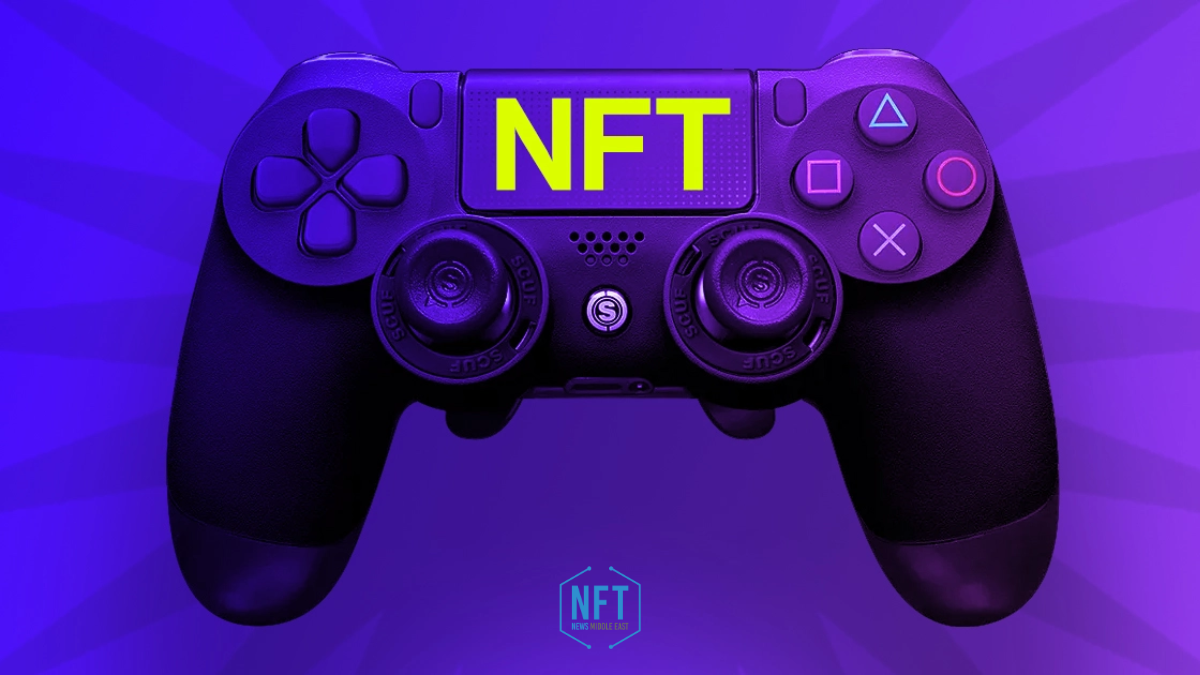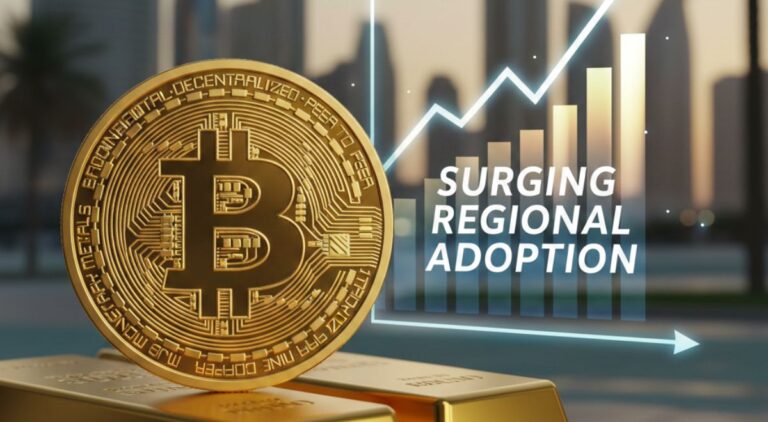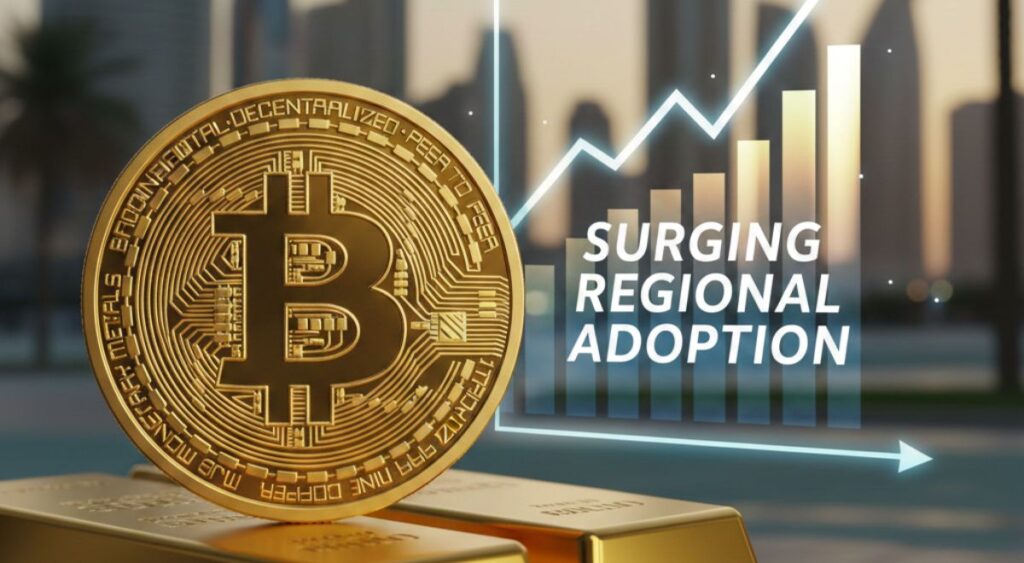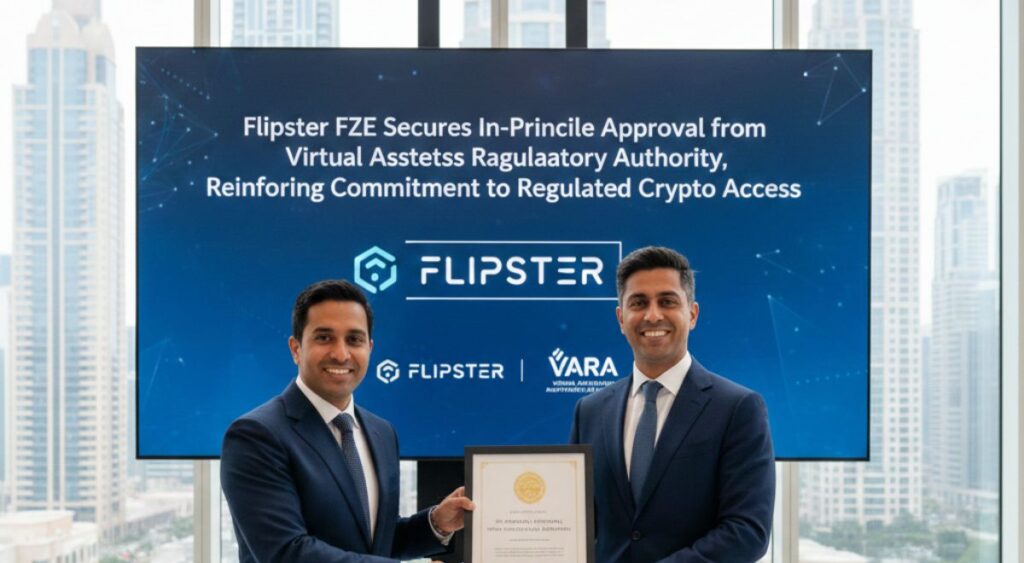It is no longer news that the concept of NFT gaming changed how we view the gaming industry. Play-to-earn NFT games have turned what is usually a leisurely activity into a means of making money.
Although NFTs are not specially designed for the gaming industry, one of their most popular use cases is still in gaming. However, like the blockchain industry, NFT gaming is still subject to regulatory scrutiny. As a relatively new concept, clear regulation on the industry is yet to be established.
Thus, it raises challenges for users who frequently explore the space and questions for those who are yet to understand it.
Policy challenges raised by NFT Gaming
The policy challenges raised by NFT gaming can be summated under the following:
1. The Challenge of Transparency
2. The Challenge of Privacy
3. The Challenge Security
When no policy addresses these three major issues, NFT game players will continually be exposed to risks. Furthermore, the U.S. Security and Exchange Commission recognizes that NFTs may be considered securities in certain areas. Thus, NFT gamers will bear the brunt when the NFT gaming marketplace is not regulated and protections are built into securities trading.
Possible solutions to these challenges
The possible and feasible solutions to these challenges include the establishment of a governing authority and upholding existing regulations.
One similar example is the focus on crypto as a digital asset by governmental bodies. Regulatory authorities are established to ensure the fair use of cryptocurrencies and the protection of investors. For instance, in Dubai, the Virtual Assets Regulatory authority promotes security and transparency for crypto investors. NFTs are unique tokens, and they are not crypto. Thus, the same emphasis that is placed on crypto as a digital asset can be extended to NFTs, especially in the context of gaming.
The second solution flows from the first possible solution. Recognizing virtual assets has led many countries to establish laws for their use. Retaking the example of Dubai, the emirate has a Virtual Assets Law that deals with everything virtual asset related. NFTs are under the scope of virtual assets. Therefore, all that is required is to regulate NFTs following the virtual assets law. Where the law might not speak on NFTs directly, it can be amended to reflect the necessary changes.
Conclusion
Regardless of the policy challenges raised by NFT gaming, there is no stopping its continual adoption. The work that needs to be done now is on the side of policymakers. By implementing favourable guidelines and setting up suitable structures, the policy problem raised by NFT gaming can be reduced to the minimum.
Lastly, it is worth noting that the blockchain industry is volatile. Therefore, its volatile nature must be considered in making any policy that will adequately address NFT gaming.
















